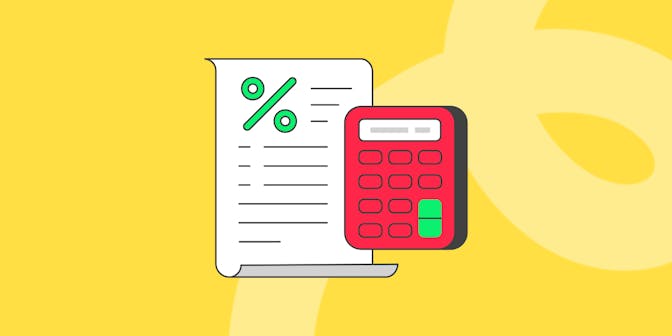Does Salary Sacrifice affect tax - and is it worth it?
Employers become more tax efficient with dividends, expense claims and director loans. Employees, on the other hand, have their own option: a Salary Sacrifice. This enables you to take a benefit in lieu of a portion of your income, cutting your taxable earnings down. Overall, you can emerge with more gains from your work, even though you’re reducing monthly PAYE wages.
Does Salary Sacrifice affect tax? Most certainly — and we’re going to explain how it can benefit your earning potential.
Salary Sacrifice explained
Essentially, a Salary Sacrifice scheme trades a percentage of your income for a non-cash benefit. For instance, you might opt for:
- Larger pension contributions
- A vehicle for work – like an EV through our Salary Sacrifice scheme and we offer this on all makes such as Tesla, BMW, Mercedes, Kia, Hyundai and more
- Car parking coverage
- Childcare provisions
- Phones, laptops and other technology
- Health checks and corporate training
An extensive list of benefits were 100% tax-free until 2017, when the Treasury gave some special tax relief rather than full exemption. Some options under a Salary Sacrifice scheme are barely taxed at all. Low or zero-emissions vehicles and pension top-ups are just two examples of investments that employers can make on your behalf without HMRC taking a cut or only asking for 2-5%.

So, how does Salary Sacrifice affect tax? With careful planning, it can raise your earning potential, freeing more cash for investments that improve your work and personal life. Electric vehicles are a great way to reap the rewards of a Salary Sacrifice scheme. Learn more to get started on the road to smart tax efficiency.
More guides
6 surprising things you didn’t know about electric vans

Understanding Vehicle Excise Duty (VED) or "Road Tax" for EVs
How to save money on a new car with Salary Sacrifice

How is salary sacrifice calculated?
Published: November 2023